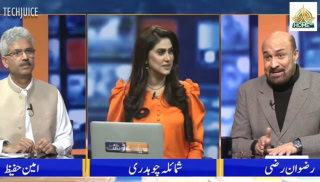Microsoft CTO Kevin Scott believes that understanding AI is part of being an informed and prepared citizen in the 21st century.
In a recent interview, he talked about the importance of educating oneself in this domain and therefore knowing how to debate on any related issues.
“I think to be a well-informed citizen in the 21st century, you need to know a little bit about this stuff [AI] because you want to be able to participate in the debates. You don’t want to be someone to whom AI is sort of this thing that happens to you. You want to be an active agent in the whole ecosystem,” he said.
He believes that one should be wary of AI, but that does not mean that there is no room for optimism. In fact, he is “cautiously optimistic” about how people will design intelligent machines in the future.
This inevitably raised the issue of dealing with disruptive technologies that can be abused or misused, such as facial recognition. Microsoft has certainly taken steps to ensure that any moral or ethical concerns can be alleviated, which involves improvements to its software to make it better at recognizing darker skin tones to prevent discrimination and laying out six principles that it will use to govern the use of facial recognition software.
At this point, Scott ties the dilemma surrounding facial recognition with his initial point about the need for cautious optimism with regards to AI. While one should be wary and keep the doomsday scenarios in mind, one should always open oneself up to the positive consequences of AI in our world.
“Folks who are deeply in the AI community need to do a better job trying to paint positive pictures for folks, [but] not in a Pollyanna way, and not ignoring the unintended consequences and all the bad things that could be amplified by AI,” he said.
Scott also talked about his upcoming book that will focus on why “AI can and should be a beneficial thing for rural America.” A Microsoft spokesperson, however, declined to state the book title or the scheduled release date.











